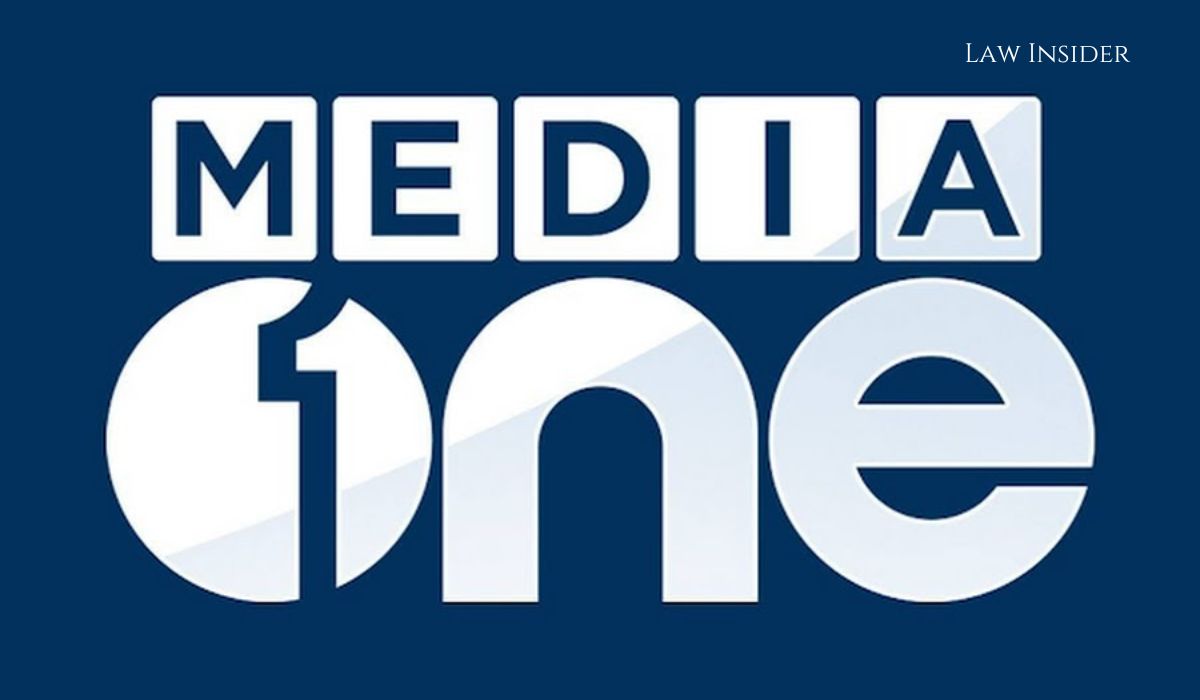Bhuvana Marni
Published on: November 3, 2022 at 21:58 IST
The Supreme Court ruled that even though it acknowledged that some sources were confidential, the opposing party may at least see the copy of the material after it had been redacted.
The union government was questioned by the Supreme Court on Wednesday, November 2, on the non-disclosure of reasons for refusing security clearance to the Malayalam news channel MediaOne.
The union government’s Additional Solicitor General (ASG) KM Nataraj was instructed by a bench of Justices DY Chandrachud and Hima Kohli that in court proceedings, if one side depends on anything, it must be disclosed to the opposite party.
Noting that the authority awarding a broadcast license is different from the authority cancelling a license for security purposes, it questioned the ASG on the remedies for a citizen who is turned down.
The union government did not label them as offenders, the court added, but it did revoke their license.
“We understand there are sources which cannot be disclosed, but the opposite party can at least have access to the redacted copy of the material,” the bench said.
“You can’t straight away deny the other party information on which you are arriving at a conclusion,” the bench told Nataraj.
The court ruled that a media outlet’s license renewal is crucial since it has made investments, and employed staff members, and its reputation in the market is at risk.
Following a thorough hearing, the top court ordered Nataraj to seek instruction on its queries and scheduled a new hearing date for Thursday.
MediaOne informed the Supreme Court on Tuesday that there was not a single case in which the channel had violated the programme code and that the union government’s security clearance was not required for the renewal of the broadcast license.
Senior Advocate Dushyant Dave argued on behalf of the news channel that the government does not have omnibus discretion to impose any new restrictions and emphasised the importance of press freedom.
According to Dave, the Cable Television Networks (Regulation) Act, 1995 does not contain the requirement for a security clearance from the Ministry of Home Affairs for the renewal of a broadcast license.
According to him, certain conditions set forth in the Act itself must be fulfilled, including those related to the state’s interest in its sovereignty, security, and friendly relations with other nations, as well as its public order, incitement of crime, decency and morality, and contempt of court.
“There is not a single instance when we violated the programme code,” he said.
Dave submitted that the court should consider passing a law to adopt the government’s practice of filing affidavits under sealed cover.
He criticized the practice and said it should be prohibited.
He continued by saying that these affidavits are submitted behind the backs of opposing parties in the name of national security and also instill bias in the minds of judges.
The Union government’s decision to ban the news station’s broadcast on security grounds is being challenged in the top court by the news channel in a petition.
The Supreme Court stayed the union government’s ban on the Malayalam TV news station on March 15 of this year. The restriction had been justified by the Union government on the basis of national security.

